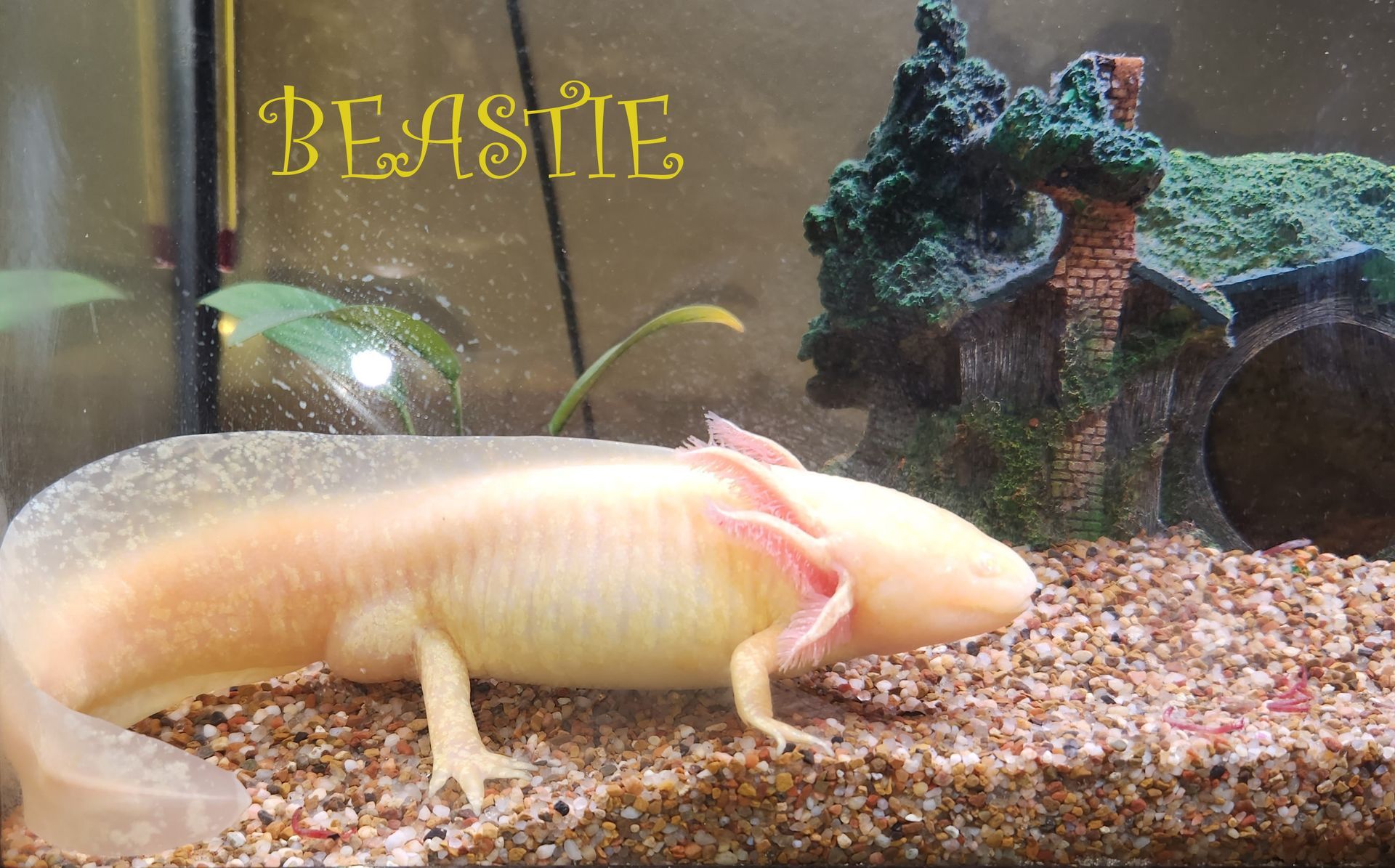Welcome
Welcome to Pinecone Mental Health Pediatrics
A Pinecone represents a rebirth, or a new beginning!! When I was trying to decide on a name for my new practice, this popped into my head, and as soon as it did, I realized instantly how perfect that name was! My newfound passion for diagnosing and treating pediatric mental health conditions, and taking the ultimate leap of starting my own practice in this specific niche, represents my "new beginning."
One thing that you will probably notice if you schedule your child/teen with me is that I will Axolotl questions, I mean, Ask a Lot of questions! I am gifted with a little bit (ok, a lot!) of OCD that drives me to dig deeper with my questions in order to obtain small details that often lead me to make a diagnosis that may have been overlooked by others. Rest assured, there is method to my maddeningly-detailed questions, and my brain is churning away to organize all of the information until it can go down a path to either confidently make a diagnosis, or to rule one out. I will happily explain the rationale for my questions and my conclusions.
I also practice with the belief that All Children and Teens should be Empowered to Contribute their own feedback, opinions and observations about their symptoms and their medication during each appointment. It is as valuable to me as observations from parents, relatives, and teachers, because it is their body and mind experiencing the symptoms and the effects of their medication. If a child (especially preteens and teens) takes an active part in their medication management plan, then they are much less likely to become frustrated that they are forced to take a medication that makes them feel bad or doesn't work, and therefore want to refuse all medications. This empowerment also provides them with the confidence to be able to talk to their future medical and mental health providers when they are young adults, and be able to advocate for their own needs. I have been amazed by some of the helpful feedback that even very young children can contribute when asked!
And of course, as a pediatrician, I love to act like a big kid myself! Don't be surprised if I get really silly with your young kids, or if I make spontaneous, really bad (or good?) puns and jokes with the older kids and teens.
After all, Laughter is great medicine!
(And best of all, it doesn't even require an insurance prior approval!!)


Why Choose Pinecone Mental Health Pediatrics?

Child and Adolescent psychiatrists obviously have been intensively trained in diagnosing pediatric mental health conditions and about the complex array of medications to treat these conditions. The trend in primary care practices across the country, whether for pediatric or adult patients, has unfortunately changed over the past decades due to myriad reasons, but the end result is that most of these providers have to schedule more patient appointments each day, which naturally means that they have less time than they would prefer to spend with any one patient. Pediatric mental health is not a "simple cold" type of appointment--to properly evaluate and diagnose many mental health conditions, it takes a lot longer than the time usually allotted for each patient visit. When I was first training in the 1990s, ADHD was considered "bread and butter pediatrics", and the overwhelming majority of pediatric primary care physicians treated this condition as just another typical condition that they saw daily in their practice. Now, however, in addition to physicians, the majority of primary care clinics are also employing midlevel providers (NPs and PAs) to be able to increase the number of patients seen daily and ideally decrease the amount of time needed to get an appointment. While these midlevel providers can provide great care, the laws in Texas do not allow them to provide controlled substance prescriptions without the supervision and delegation authority of a physician. In pediatrics, of course, these controlled substances are almost always stimulants used to treat ADHD. With all of the changes in primary care, the majority of pediatricians usually have an overwhelming number of time-consuming, daily tasks to complete, in addition to the time scheduled for actual patient appointments. This leads many physicians to be unable to take on the added task of monitoring controlled substances prescribed by their midlevel providers, resulting in the need to refer these patients to child-adolescent psychiatrists for an evaluation, diagnosis and treatment of mental health conditions, even the once-routine ADHD. To make this situation even worse, since the Covid lockdown in 2020, reports from reliable sources such as the National Institutes of Health (NIH) have recorded a surge in the number of children and teens presenting to their primary care providers with pediatric mental health conditions, especially depression and anxiety. Between the combination of an increase in the number of kids presenting with mental health symptoms and a decrease in the amount of time and resources available in many primary care clinics to diagnoses and/or manage these kids, there has been a surge in the demand for child-adolescent psychiatrists. Unfortunately, there has not been a matching surge in the numbers of these specialists available in most areas of the country, so there is often a huge gap in resources available for these children and teens. It is not uncommon for the wait times for a new patient appointment with a child-adolescent psychiatrist to be 2-3 months, and in smaller towns and less-populated states, it may be well over a year!
So the short answer to this question, after a long explanation, is that, even though I am a pediatrician rather than a psychiatrist, I have had some advanced training in the diagnosis and treatment of pediatric mental health conditions, and this led me to discover how much I really loved practicing in this area of pediatrics. I have confidently diagnosed and treated a wide variety of simple and complex conditions, often with great improvement for the child or teen (and, of course, their families). While I thrive on the mental challenge of making an accurate diagnosis (this is where all those detailed questions come from), the best reward for me treating pediatric mental health conditions is being able to watch these children and teens improve their school, home, and overall functioning as our treatment plan progresses.
It is my hope that my strong passion to help children and teens improve the distressing symptoms of their mental health conditions will help to lessen the ever-widening gap between pediatric primary care and the increasing demand for (and short supply of) child-adolescent psychiatrists.

